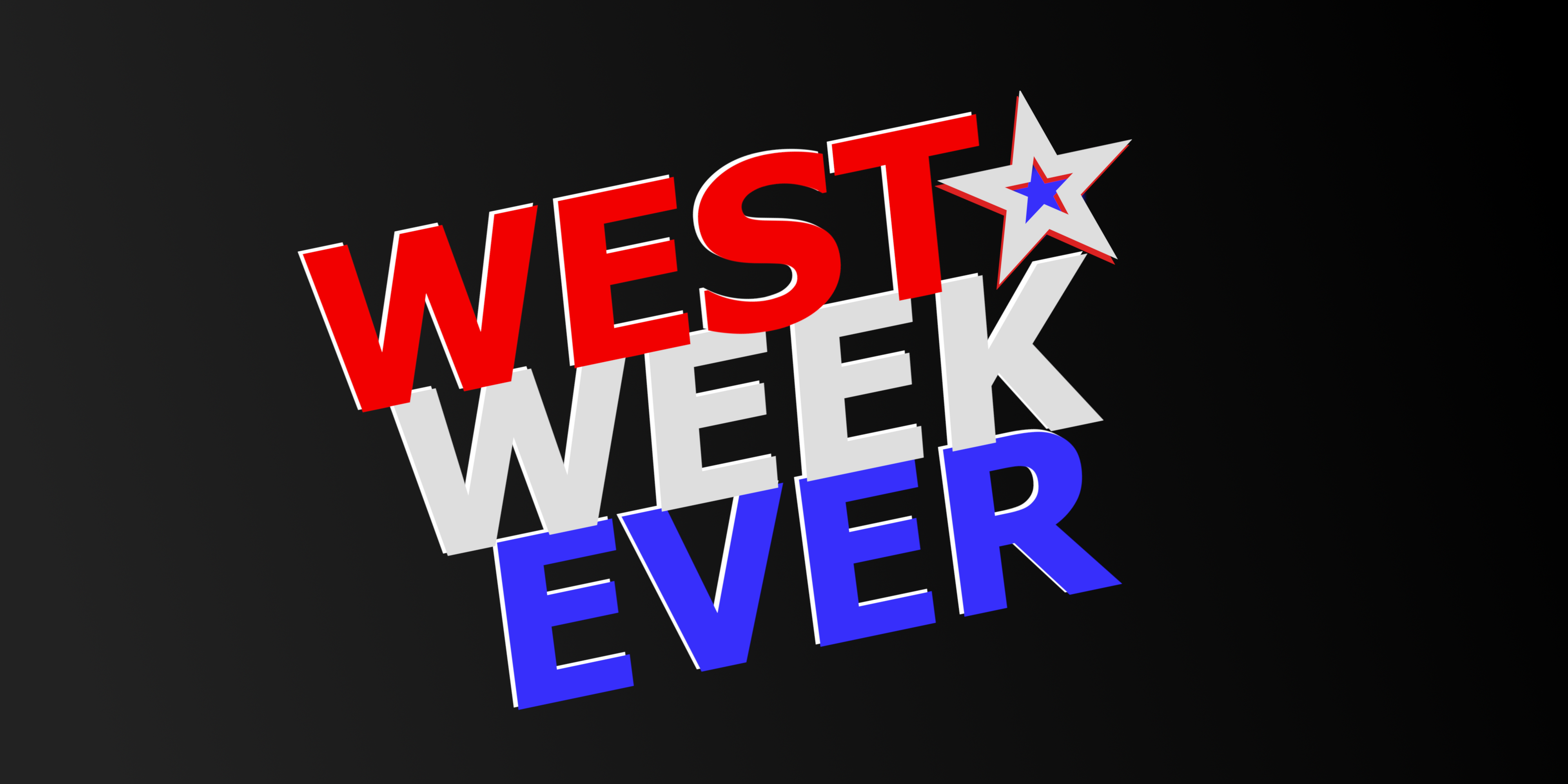“Nothing beats the hobo life, stabbin’ folks with my hobo knife!”
Man, I couldn’t give a shit about professional sports, but the one thing that could get me interested is Lindsay Czarniak. God, is she amazing! This remark isn’t going to mean much unless you either live in the DC or Miami area, or you used to watch the George Michael Sports Machine. In any case, she has got to be the most beautiful woman in sports broadcasting, and is certainly the most beautiful woman on a DC news team. This month’s Washingtonian Magazine is a treat, as it features Lindsay and Alison Starling (the second hottest woman in DC news), as they tour DC’s hottest happy hours. Give Lindsay more airtime, and I might find out how many touchdowns are in an inning!
So, I’ve been reading a lot of “lad lit” lately. For the uninformed, this is the term given to fiction books that are the male equivalent of “chick lit”. It pretty much started with High Fidelity (well, any Nick Hornby, really), and the ball has been rolling ever since. I actually don’t care much for fiction, as that’s what comics and TV are for. I mean, when reading “real books”, I find that I tend to go more for nonfiction/autobiographical stuff. I’ve always been more of a fan of the “story behind the story”. After all, we are the True Hollywood Story generation. So, it’s only fitting that a nonfiction book would get me started in this genre.
I’ve been on this kick to read at least one “real book” a week. I’ve been knee deep in comics for too long. On top of it, my love of that medium has waned since it became my meal ticket (especially since it’s more like a Happy Meal ticket!). Finally, I just feel like I’m getting dumber. When your reading consists of TMZ, Wizard Magazine, and the latest fare from DC or Marvel, you’re not going to be winning Jeopardy anytime soon (unless it’s Celebrity Jeopardy, in which case you can get all necessary knowledge from a Shoney’s placemat).
I started with millions of women are waiting to meet you: a memoir. Written by British writer Sean Thomas, it details his year entrenched in the crazy world of online dating. You see, he was a writer for Men’s Health, and his boss thought that online dating would make for a good feature story in the magazine. This, of course, was somewhat of a guise. You see, Thomas was 37 years old with no prospects for a wife in sight. All of his friends were married and starting families, while they were all starting to fear for him. They figured he needed a little help, as he wasn’t getting any older, so they stepped up their efforts to keep him from dying alone. Thomas agreed that it would make a good story, so he decided to go along with the plan (it also didn’t hurt that the magazine agreed to pick up the tab for any membership fees he might incur during the story).
Thomas has a specific type, and he views online dating as a way of weeding out those that don’t fit his criteria. After all, the internet was full of millions of women, just waiting to meet the right guy, so he could afford to be picky, right? Wrong. Thomas is that type of neurotic guy, to which I can relate, who does nothing but sabotage his relationships. She’s too tall. She’s too skinny. She doesn’t find my jokes funny. All of these are things that he finds wrong with his dates. As he gets deeper into the online dating scene, Thomas analyzes a lot about himself, and begins to see a pattern in his relationship history. I understood his life so well that I felt I could have written the book myself. Clearly, the whole “manboy” phenomenon isn’t as uncommon as I’d thought: men who are chronologically one age, but simply refuse to grow up.
In the end, he slowly climbs his way back out of the internet, and throws himself back into the real world. Using what he’s learned about himself, he realizes what his friends have see all along: he’s not getting any younger and it’s time to grow up. So, he starts broadening his horizons, and dating women who wouldn’t have previously fit his mold. And what do you know? He finds The One. True story! Yeah, I probably just ruined it for ya, but the people who read this site would either never read that book, or they’ve already read it!
So, feeling like I’d found a kindred spirit, I decided to jump insecurity-first into more books like this. There aren’t a ton of biographies like this because, well, who wants to read about an everyday slacker? However, there’s a wealth of fiction dedicated to this, and that’s where I headed next. My first stop on the lad lit train was Booty Nomad. It had been recommended to me in the past, plus I’d read good reviews about it when it was first released. Unfortunately, it’s been out of print for the past year or so, and I had to figure out the fast-paced world of Amazon to procure it (yes, when it comes to the internet, I can be a troglodyte at times! Who knew how kickass making a wish list could be?). Contrary to what the the title would ahve you believe, the main character is not Jamie Foxx or Bill Bellamy. Written by Scott Mebus, our protagonist is David, a children’s show producer who’s trying to get his mojo back after breaking up with “The Eater of Souls”. They’d had a beautiful 2-year relationship, but she was just too young, and he realized that she was’t exactly what he wanted. While they had great memories behind them, he always felt that something was missing. After a bit, she was no longer cute and sweet. At least, not in his eyes. He began to see her insecurity and her flaws, and he simply saw that she was taking more from him than she gave. He got out, but she was persistent in trying to get back together. She’d leave him several voicemail messages a day, while also harassing his friends to see if he still spoke of her.
David tries to get back into the swing of things, to get over The Eater as quickly as possible. Unfortunately, he doesn’t realize that his lack of closure is getting in the way of things. This becomes apparent when he meets “The Goddess”, a beautiful, witty chick he meets at a party. He beings to obsess over and really wants to make things work out, despite a somewhat foot-in-mouth introduction. At the same time, The Goddess is going through a break-up of her own. As a result, they sort of become each other’s “break-up sponsors”. He’s got feelings for her, as she has for him, but she tells him that it’s too soon for either of them to act on them. Throughout the course of the book, he pursues her, she plays hard to get, and the crazy ex keeps demanding an audience so that she can finally tell him how she feels about him.
The Eater ranges from wanting to tell him off to wanting to prove to him why they should get back together. In the end, based on encouragement from his friends, David decides to grant The Eater her chance for closure. After all, if he’s truly over her, then what does he have to lose? Well, as he sits there, reliving their relationship, listening to her side of things, he finds that he’s actually getting the closure that he hadn’t realized he needed. He begins to see their relationship in a new light. According to her account of things, it was apparent that she loved things he’d done for her, rather than him. She said she knew she loved him when he took care of her on a sick day or sent her flowers, but these were things that could have been done by any guy. There was nothing about him, as far as his qualities, that influenced her love. Once again, he noticed that she was self-centered, and equated love as a feeling she had for those who catered to her. Her love was conditional. Once this revelation opened his eyes, he found that he was ready to go out and conquer the world again. He let The Eater have her say, he got up, left, and noticed that the world looked a little different than it had looked before. And did he end up with The Goddess? No. You see, she’d had “a relapse”, and ended up sleeping with her ex. She just wasn’t ready to move on, nor did she seem like she wanted to. David understood this, but sh’d lost her Goddess rank by that point. From then on, she was simply “Relapse Girl” (David has a thing with nicknames; he’s too in-his-head to remember names, so he makes up nicknames for the women in his life). He’s not sad about it, though, as he’s a little more optimistic now that he knows he can truly move on now.
Reading these books back to back, it was almost as if they were written by the same guy. Witty dialogue, shared experiences, and similar outlooks on life are what made these books enjoyable for me. I really like that David worked for a puppet show. It was one of those jobs where he didn’t know how he’d fallen into it, but it’s the job that he had. It’s not what he wanted to do, but it wasn’t hard, he was fairly good at it, and it was easier than trying to make a life plan. In the meantime, anybody with a “real job” would always think his job sounded so cool. “Wow, you work with puppets? That must be so fun!” Sure, it might sound fun if you’re a receptionist or even an attorney. “Fun” is society’s way of saying “not difficult”. It can be quite difficult and draining, but nobody seems to think that because it’s comic boo…I mean, puppets. See? I told you I related to a lot of it…



